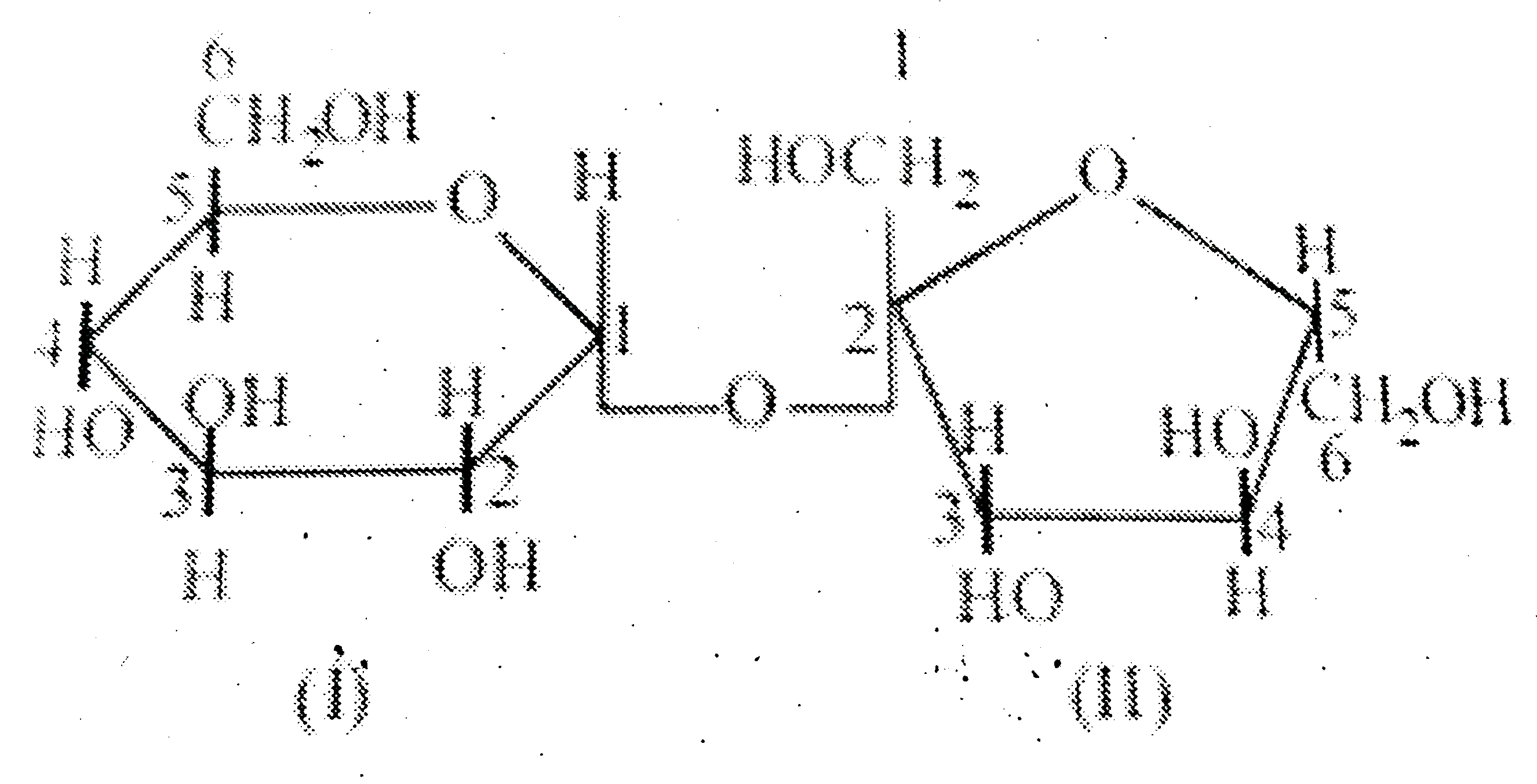Out of the given statements which one is not correct about children?
Children are not passive but active explorers of their surrounding
There is a scientific investigator in every child
Children receive knowledge in the passive form
Children are more of problem solvers and less of problem creators
The correct Answer is:C
Step by step video, text & image solution for Out of the given statements which one is not correct about children? by Cdp experts to help you in doubts & scoring excellent marks in Class 14 exams.
Updated on:21/07/2023Topper's Solved these Questions
- CHILD AS A PROBLEM- SOLVER AND AS A SCIENTIFIC INVESTIGATORBook:BHARDWAJ ACADEMYChapter:CHILD AS A PROBLEM- SOLVER AND AS A SCIENTIFIC INVESTIGATORExercise:CHAPTER EXERCISE (Previous Years. Questions)
Explore 8 Videos
- CHALLENGES OF TEACHING LANGUAGE IN A DIVERSE CLASSROOMBook:BHARDWAJ ACADEMYChapter:CHALLENGES OF TEACHING LANGUAGE IN A DIVERSE CLASSROOMExercise:CHAPTER EXERCISE (PREVIOUS YEARS. QUESTIONS)
Explore 27 Videos
- COGNITION AND EMOTION Book:BHARDWAJ ACADEMYChapter:COGNITION AND EMOTION Exercise:CHAPTER EXERCISE
Explore 16 Videos
Similar Questions
Knowledge Check
Out of the given statements, which one is not false about learning?
AIt is a process of give and take between the teacher and the studentsBIt is influenced by the learner's emotionsCIt is a mutual exchange of experience between the teacher and the studentsDA teacher doesn't influence the learner in any wayWhich of the given statements is not correct about the children's scientific outlook?
AChildren are problem-solvers by natureBChildren are scientific-investigatorsCChildren love to explore things nearby themDChildren are the passive listeners and the passive recipients of knowledgeOut of the statements given, which is / are correct ?
AThe amplitude of a resultant simple harmonic motion obtained by superposition of two simple harmonic motions along the same direction can be less than lesser of the amplitudes of the participating SHMs.BWhen two simple harmonic motions which are in phase and in perpendiuclar directions superpose then resulting motion will be SHM with same phase.CWhen two simple harmonic motions ( with amplitudes A1 and A2) which are out of phase ( that means phase difference π) and in perpendicular directions, superpose then resulting motion will be SHM with amplitude √A21+A22.DThe combination of two simple harmonic motions of equal amplitude in perpendicular directions differing in phase by π/2rad is a circular motion.
Which one of the following statements is not correct about Netherlands?
View SolutionWhich of the given statements is not correct about the process of learning?
View SolutionWhich of the following statements is most appropriate about childrens making errors?
View SolutionIn dealing with social divisions which one of the following statements is not correct about democracy?
View SolutionWhich one of the following statements is correct about Chola temples?
View Solution
